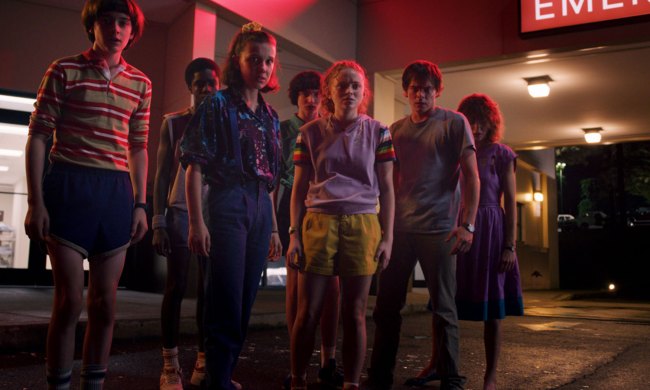
It may feel like we were recently living in a science-fiction dystopia life — and in some ways, we were — but that doesn’t mean that we should simply avoid an entire genre of writing. Hardly. In fact, this is probably the perfect time to explore classic sci-fi books, to see what the masters have written, and maybe even see if someone predicted anything like this. Many, though, simply ignore sci-fi wholly and completely because of an association with robots, aliens, and the like.
Long story short, if you think you don’t like sci-fi, you have never read great books from the genre. But indeed, many such
If you love sci-fi and have yet to read any (or all) of these books, put them next in the queue. If you think you don’t love sci-fi, then read a few of these
20,000 Leagues Under the Sea by Jules Verne
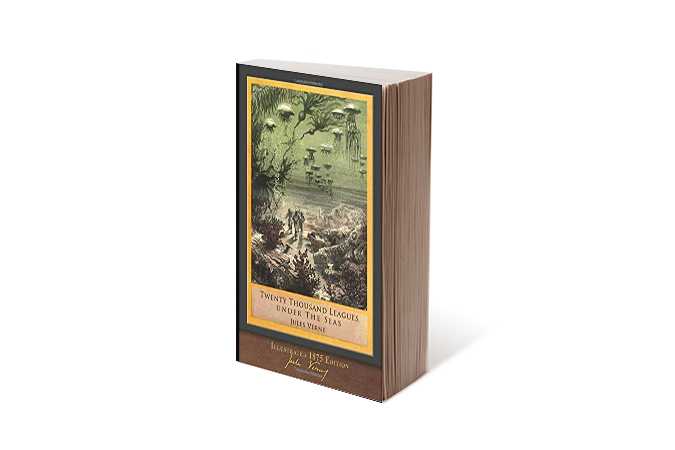
Modern science fiction begins with Jules Verne, whose fertile mind produced such wonderful novels as Journey to the Center of the Earth, Around the World in Eighty Days, and of course, 20,000 Leagues Under the Sea. Reading this sci-fi novel in the 21st century is a pleasure thanks to the rich, complex characters and the packed plot; it’s also astounding to realize that Verne was writing of the technology packed into the mysterious Captain Nemo’s submarine, The Nautilus, years before any such craft existed. The book starts a bit slow, and there are a few passages where Verne goes too far with the taxonomy, but overall, the novel is genuinely gripping.
The Strange Case of Dr. Jekyll and Mr. Hyde by Robert Louis Stevenson
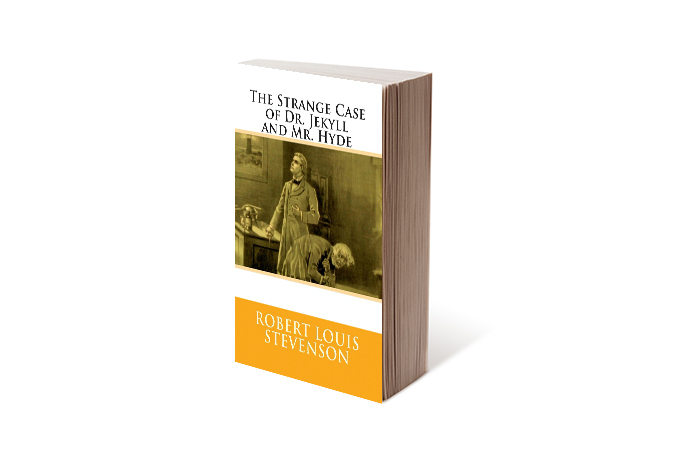
Though right on the boundary of horror and sci-fi, this classic slim novella deserves the scant couple of hours any sci-fi fan will spend in reading it. The liberation the protagonist experiences while in his assumed persona, Mr. Hyde, is strangely, almost frighteningly compelling as it forces the reader to wonder what he (or she) would do if he just didn’t give a damn about society’s conventions.
War of the Worlds by H.G. Wells
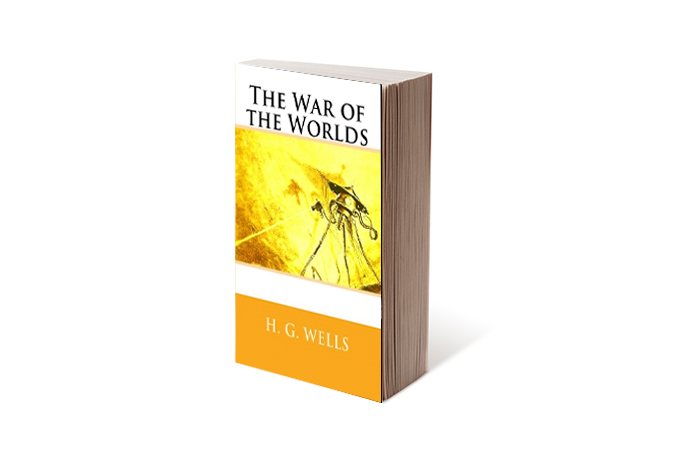
The setup is such a well-known concept: Aliens come to Earth and attack with their amazingly advanced machines. Humans fight back with their amazing zeal and resilience. You’ve seen this story in the movie Independence Day. You probably didn’t see, but have heard of Invasion of the Body Snatchers. The list goes on. But when Herbert George Wells published War of the Worlds right near the end of the 19th century, writing about such a terrifying and existential threat was, if you’ll pardon the pun, entirely novel. Just think about this: When Orson Welles broadcast a version of the story adapted for radio in 1938, more than 40 years after the book’s release, it sent many listeners into a panic, thinking they were hearing real news.
Brave New World by Aldous Huxley
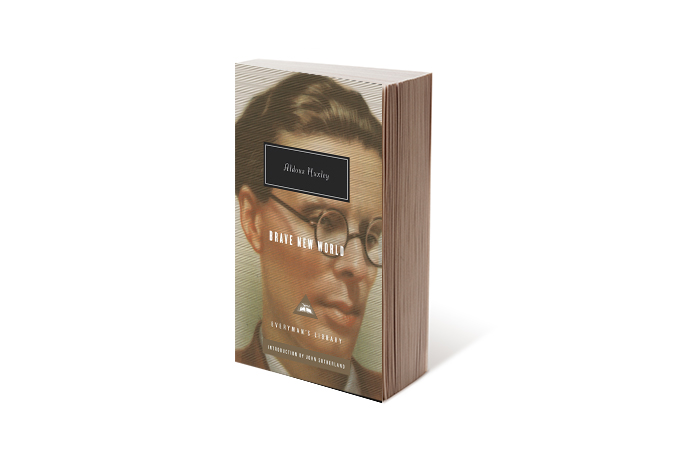
If you didn’t read Brave New World in high school, you missed out. The drugs and sex and the visceral coming of age of the “savage” young man John are positively scintillating when experienced during one’s own coming of age. The good news is that the book is still brilliant to adult readers, and it’s positively easy to read. You can easily polish this book off in just a few good reading sessions. And hey, if you did read this masterpiece of satire and warning when younger, read it again: your perspective will have changed, but your enjoyment won’t.
1984 by George Orwell
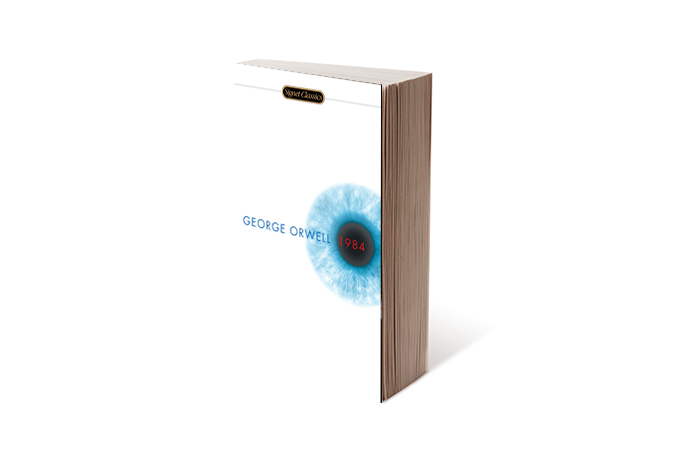
Since its publication in 1948, 1984 has served both as stirring literature and a bleak warning to readers the world over. This is one of the few books that remains as powerful and frightening today as when it was written well over half a century ago. That’s so because the struggles of its protagonist, Winston Smith, are in many ways the struggles of every human being: he wants succor and security, he wants love, he wants to matter — in short, he wants to thrive as a human being. But the book still moves and chills its modern reader for those struggles that are beyond the existential. While perhaps not quite so pervasive and monstrous as Big Brother, there are governments all around the world not incomparable to the overlords in Orwell’s creation.
Fahrenheit 451 by Ray Bradbury
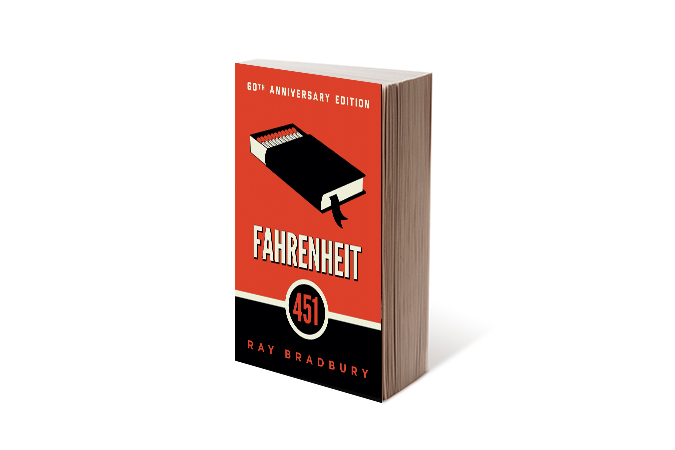
Choosing which Ray Bradbury book to feature in a list of classic sci-fi novels is rather like choosing a favorite child, but if you have yet to read his work, you might as well start here. Bradbury managed to call us out for our current (and likely permanent) obsession with screens, even though this book was published in the early 1950s. And while no one is burning books these days, there are some people out there pretty obsessed with burning the truth, something the protagonist of this powerful novel starts out doing, then ends up fighting against.
Starship Troopers by Robert Heinlein
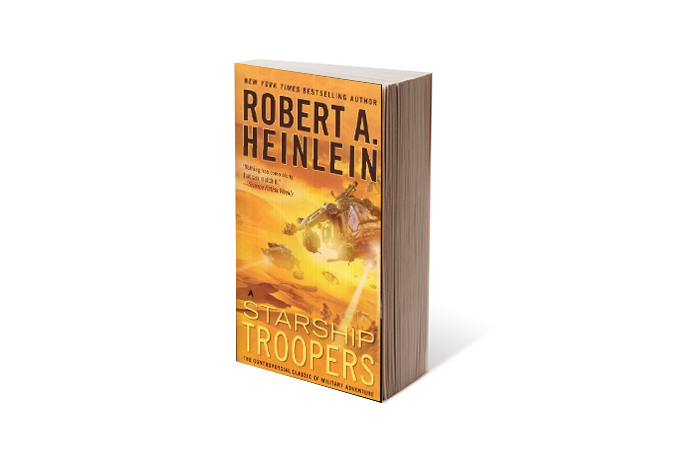
Starship Troopers is, to be fair, not a great name for a book. It sounds rather like a working title that never got worked out. But that aside, this actually is a very good, if not great,t book (the 1997 film adaptation was actually pretty good, too, by the way) that sees mankind once again pitted against an alien race, this time the Arachnids. There’s great action involving lots of futuristic weapons and whatnot, but what makes the book compelling is the backdrop of the near-fascist society Heinlein creates on planet Earth some seven centuries in the future. The real enemy is the bug-like menace from space, to be sure, but what are the protagonists really defending?
Dune by Frank Herbert
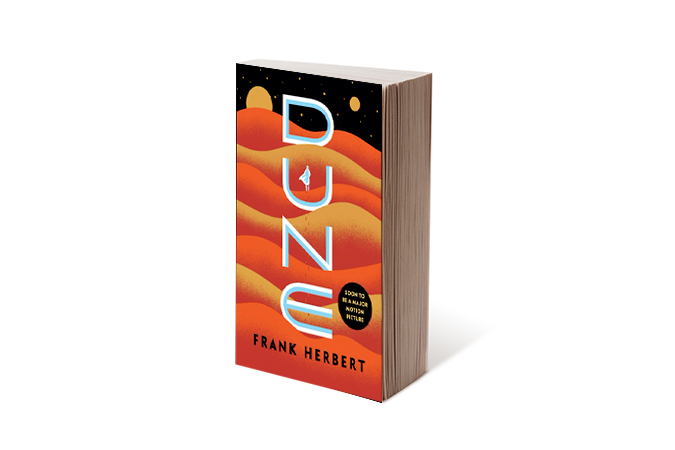
Dune rightly ranks as one of the pillars of science-fiction writing. This is a masterpiece if ever one has been written. The atmospheric writing alone would be notable even if the plot were weak. The story alone would be compelling even if the characters were two dimensional. The characters as mere studies are amazing and would be memorable even without their world and stories. And the writing itself is at once lurid and clear. Herbert created a world so vivid you will come to know it like a place you once lived in, and he peoples this planet with a cast with whom you will feel a genuine connection … or for whom you will feel a genuine enmity. Just maybe don’t read all the sequels.
Nova by Samuel R. Delaney
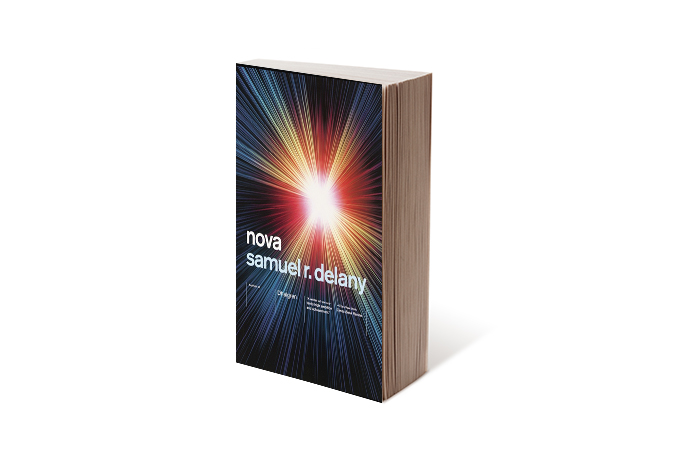
Nova is one of the best-noted books from the well-noted career of living sci-fi legend Samuel R. Delaney, a multi-award-winning author celebrated not only for his writing itself but also for being a 20th-century pioneer for other writers of color interested in publishing science-fiction
Slaughterhouse-Five by Kurt Vonnegut
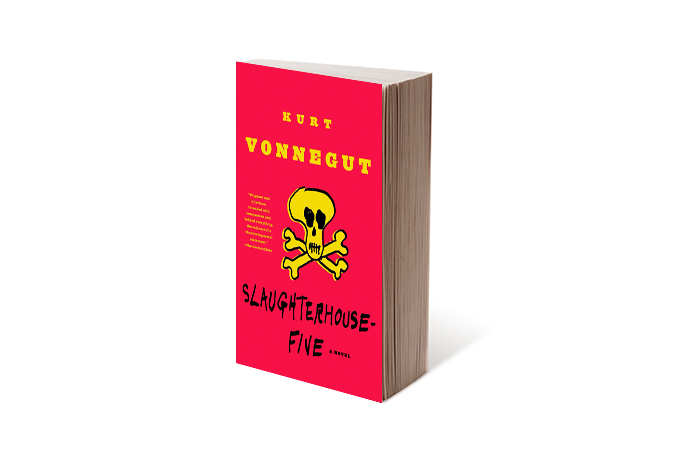
Slaughterhouse-Five, or The Children’s Crusade, is very much a work of sci-fi. It tells of the misadventures of Billy Pilgrim, a young man who bounces through time and space and finds himself an unwitting “guest” of an alien species from the planet Tralfamadore. On the other hand, this novel is very much an anti-war book penned by a man who lived through the horrific fire-bombing of Dresden during WWII, an event that is played out in the book. Also, this is a great entryway into the long catalog of Vonnegut novels, most of which deserve to read and read again. His writing is mostly easy to digest, often hilarious, sometimes poignant, and reliably enjoyable.
The Left Hand of Darkness by Ursula K. LeGuin
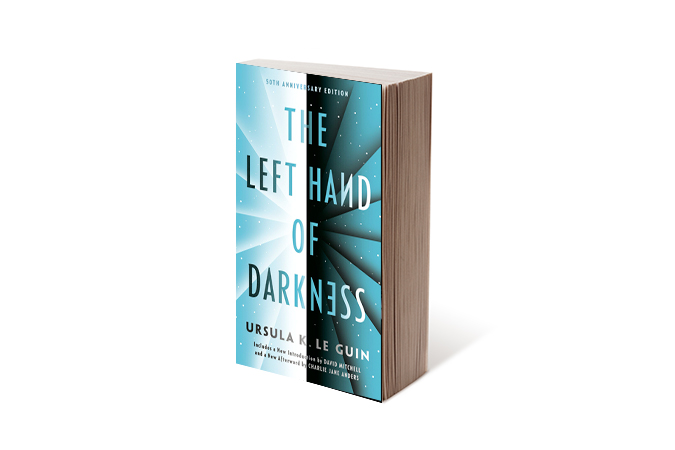
In her much beloved 1969 science-fiction novel, Ursula K. LeGuin delved deep into a topic very much in the real world at the time: sexuality. In the book, a lone human emissary must travel to a planet where gender means little and sex is given freely. Many of the premises of our society (or societies) here on Earth are questioned in this literary sci-fi novel that requires (and deserves) a deep, close reading. This book won both the Hugo and the Nebula award the year it came out. Little more is needed or can even be given in the way of recommendation.
The Hitchhiker’s Guide to the Galaxy by Douglas Adams
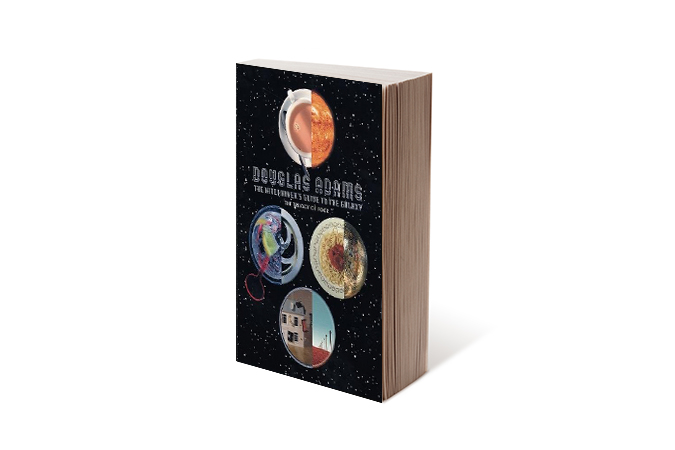
A lot of sci-fi is pretty grim stuff. There are interplanetary wars. There are fascist societies with evil overlords. There is death and deception and so on. But it’s not all doom and gloom. The proof is the beloved (and often adapted) series of books under the blanket name The Hitchhiker’s Guide to the Galaxy, frequently shortened to HG2G. This book, or collection of
More classic sci-fi books
Narrowing a list like this to 12 leaves out so many amazing classic sci-fi novels, so here are more classics for you.
- Frankenstein by Mary Shelley: This gothic masterpiece explores the dangers of scientific ambition and the nature of humanity. It’s the story of Victor Frankenstein, a scientist who creates life and then struggles to deal with the consequences.
- The Time Machine by H.G. Wells: This ground-breaking novel explores the concept of time travel and the potential dangers of altering the past. The time traveler’s journey through different eras is both exciting and thought provoking.
- Do Androids Dream of Electric Sheep? by Philip K. Dick: This novel explores the nature of reality and what it means to be human. It served as the inspiration for the classic film Blade Runner.


